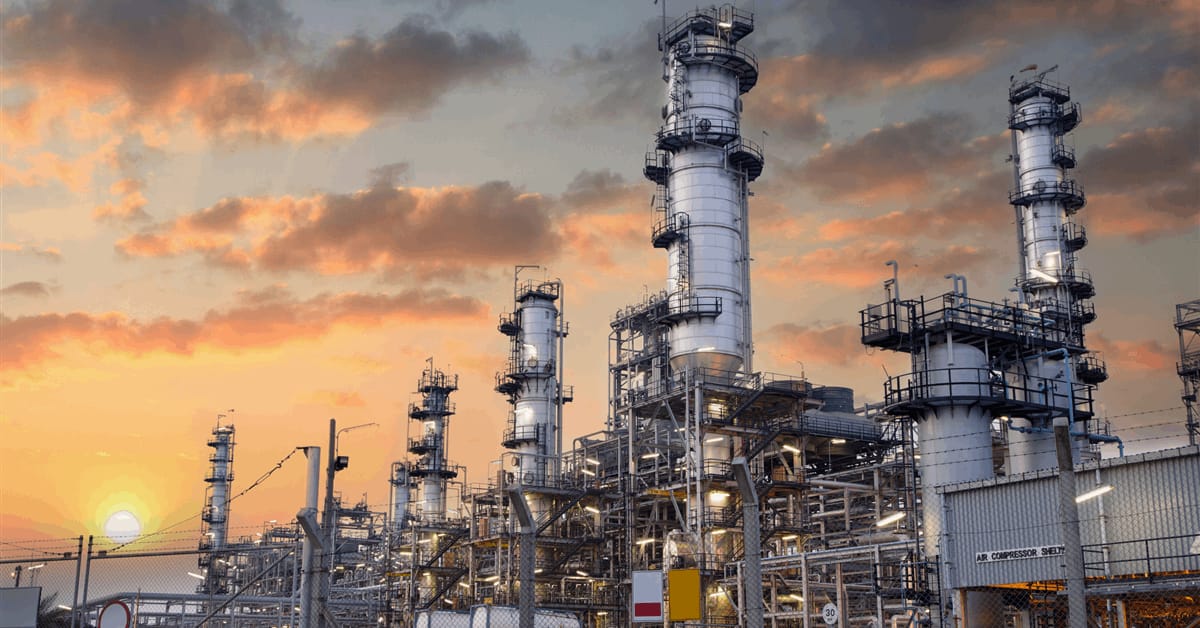Mongolia has invited Indian firms to explore oil and gas, with the Indian-funded refinery expected by 2028. India, Mongolia, and Russia are discussing coal imports via Russian routes, marking deeper trilateral energy ties that boost regional connectivity and mutual energy security.
Mongolia has extended an invitation to Indian companies to explore its untapped oil and gas reserves, signalling a new phase of India-Mongolia energy cooperation. According to the Indian Ministry of External Affairs, the initiative aligns with Mongolia’s ambitions to diversify its energy partnerships and leverage India's technological and investment capabilities. The talks also cover the import of Mongolian coal through Russian trade corridors, enhancing regional economic linkages.
Indian officials confirmed that the Indian-funded oil refinery project in Mongolia is progressing steadily, with an operational target set for 2028. This refinery is expected to meet a significant portion of Mongolia’s domestic fuel requirements and reduce its heavy reliance on imports from Russia.
The move underscores India’s strategic interest in strengthening its presence in Central Asia’s energy sector while offering Mongolia a trusted partner in infrastructure and resource development. Such collaboration may also support India’s energy security, introducing diversification into its long-term supply chain strategy.
Key developments at a glance
-
Mongolia invites Indian companies to conduct oil and gas exploration.
-
Indian-funded refinery in Mongolia projected to start operations by 2028.
-
Discussions underway with Russia and Mongolia for coal imports via Russian trade routes.
-
Enhanced trilateral cooperation aims to boost regional connectivity and economic resilience.
-
Strategic energy ties likely to expand India’s footprint in Central Asia.
Energy analysts view these discussions as a mutually beneficial opportunity. For Mongolia, collaborating with India opens avenues for technology exchange, investment, and market access beyond its traditional partners. For India, the partnership reinforces regional diplomacy, strengthens trade routes through Russia, and adds another source of hydrocarbons and coal to its import portfolio.
Both nations have signalled their commitment to long-term projects and sustainable energy development. As geopolitical complexities shape supply chains, such trilateral frameworks may become critical in ensuring stable flows of resources and maintaining competitive energy prices. By 2028, the refinery’s commissioning could mark a major milestone in India-Mongolia ties, serving as a showcase of successful cross-border energy collaboration.
Sources: Ministry of External Affairs, Government of India

